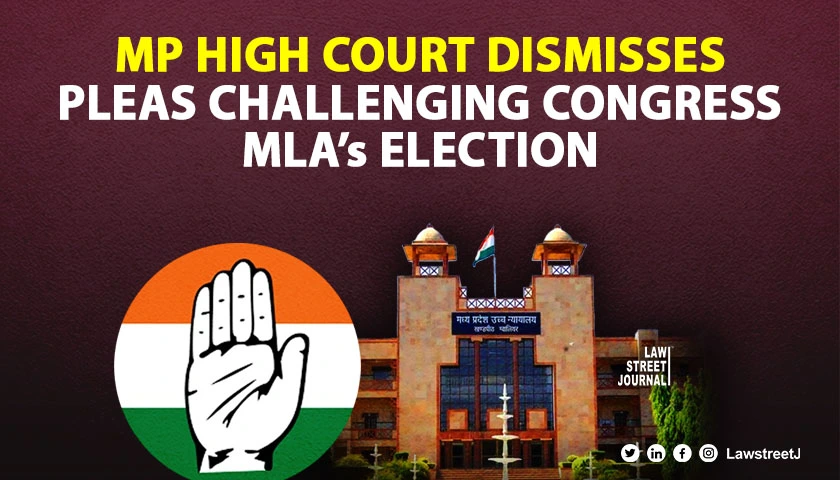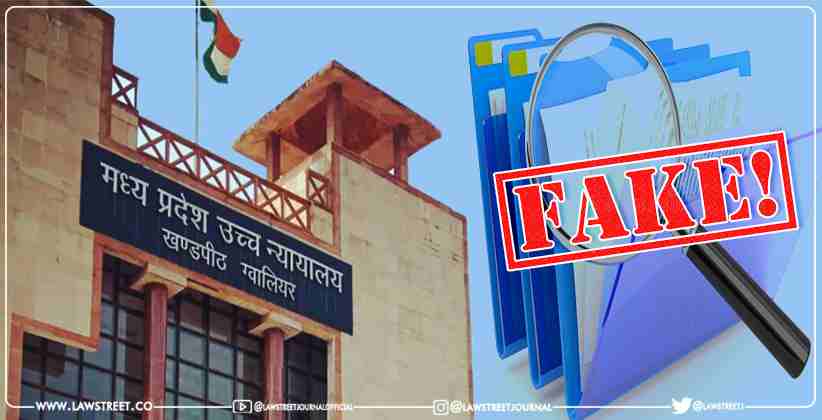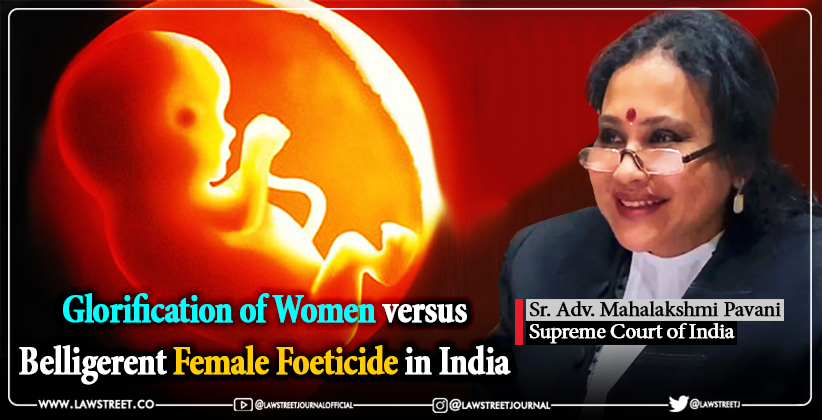Madhya Pradesh: The Madhya Pradesh High Court has delivered a significant order, dismissing two election petitions challenging the election of Congress MLA Ajay Arjun Singh from the Chaurhat constituency in the 2023 state assembly polls.
In an order passed on August 22, 2024, Justice Vishal Mishra upheld the Returning Officer’s acceptance of Singh’s nomination papers and rejected the petitioners’ claims that this acceptance violated provisions of the Representation of People Act, 1951.
The court noted that the petitioners, who were voters, had challenged Singh’s election on the grounds of alleged non-compliance with mandatory provisions in filing nomination papers and affidavits. They claimed Singh had not furnished correct and complete information in the Form 26 affidavit.
However, the court observed that Singh had submitted the detailed particulars required in the nomination form and affidavit, including annexures providing complete information. The court held that “Mere minor differences in the nomination form or non-disclosure of some information regarding dues, as in the present case, cannot be said to be a substantial defect so as to materially affect the result of the election.”
The court further noted that the Returning Officer had duly considered Singh’s nomination form and accompanying documents before accepting it on November 1, 2023. No defects were found at that stage.
Expressing its view on the allegations, the court stated, “Though an attempt is being made to point out that there are certain violations which amount to disqualification of the nomination form, the fact remains that the allegation should be specific; it should not be vague.”
The court emphasized that for an election petition to succeed under Section 100(1)(d)(iv) of the RP Act, the petitioner must specifically show how the alleged violations materially affected the election result. Mere general allegations of non-compliance are not sufficient.
Referring to recent Supreme Court judgments, including Karikho Kri v. Nuney Tayang (2024), the High Court held that providing detailed particulars through annexures to the affidavit does not amount to non-compliance with mandatory provisions.
Additionally, the court noted that Singh had disclosed information about property tax dues in one part of the affidavit but not another. It held that this cannot be considered non-disclosure when the information was provided in some form.
The court also observed that the petitioners had not sufficiently averred how minor deficiencies could have materially affected the election result of the returned candidate.
In conclusion, the court found no merit in the election petitions and dismissed them, upholding Singh’s election. The applications filed by Singh under Order 7 Rule 11 of the Civil Procedure Code for rejection of the election petitions were allowed.





![High Court Prohibits Compulsion of Hijab and Islamic Texts on Students of Different Faiths at Ganga Jamuna School [Watch Video]](/secure/uploads/2023/09/lj_5754_f71da9b5-c632-4d0b-94b8-6f36245eb157.jpg)
.jpeg)




